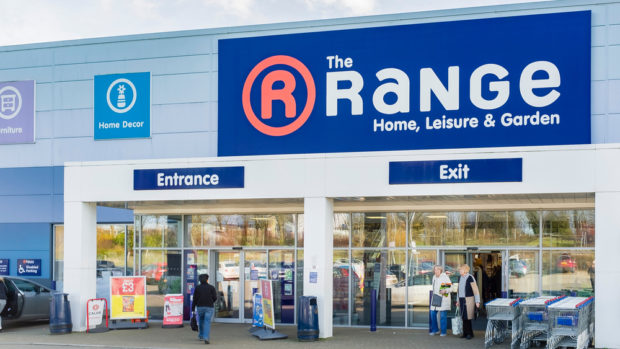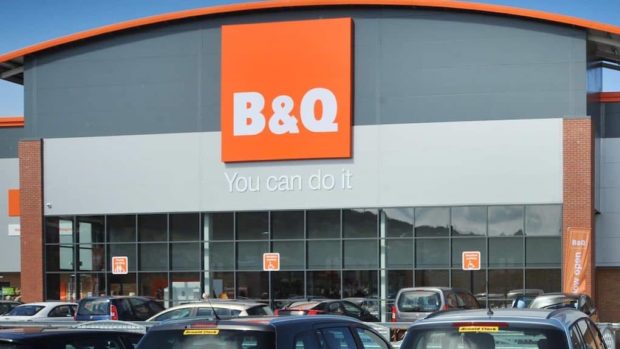All companies involved in the production, manufacture, sale and
distribution of electrical and electronic goods are now legally
bound to make sure old goods are disposed of in an
environmentally sound way. What’s more, companies
that are getting rid of electronic goods such as mobile phones or
computers bought before August 2005 are affected as well.
The new polluter pays rules on Waste Electrical or
Electronic Equipment (WEEE) are wide ranging and will
affect small traditional high-street retailers as well as the
larger distributors, explained Ross Meadows,
employment law expert at law firm Mace & Jones.
The regulations apply to producers, retailers,
distributors, local authorities and exporters, Meadows
added. There are also implications for any business that
needs to dispose of electronic products bought before August
2005, if they are not replacing them. For instance, if a company
wants to get rid of its old mobile phones, printers or anything
else electrical and is not replacing them, it has to have proof
that it has done this in an environmentally acceptable manner –
such as through a waste management company.
For goods being replaced by similar products, the company
supplying the new goods should be a member of a producer
compliance scheme that can arrange for the recycling. And if the
goods were bought after August 2005, the supplier should have a
producer compliance scheme to arrange recycling.
The most important thing for businesses to do is keep very
clear records of when their goods were purchased and who supplied
them, advised Meadows. The financial implications
of the WEEE regulations are substantial, especially with small
businesses, as the regulations do not contain de minimis
provisions, and there are no exemptions for smaller
enterprises.
Noncompliant businesses can be fined up to £5,000 on summary
conviction, although the fine could be unlimited if they are
convicted on indictment. In addition, company directors and
managers can be prosecuted.
Electronics suppliers are allowed to arrange for the end user to
take care of the recycling, but this has to be agreed by both
sides, with the end user clear about what he is supposed to do.
All producers and retailers of electrical equipment must
facilitate the taking back of household waste electronic goods.
This can be done by allowing householders to bring items back to
the store when they have finished with them or by joining a
Distributor Takeback Scheme, in which case the retailer must
provide customers with the pertinent information. Retailers are
also obliged to inform their customers on the environmental
aspects of products when they become waste.








Share